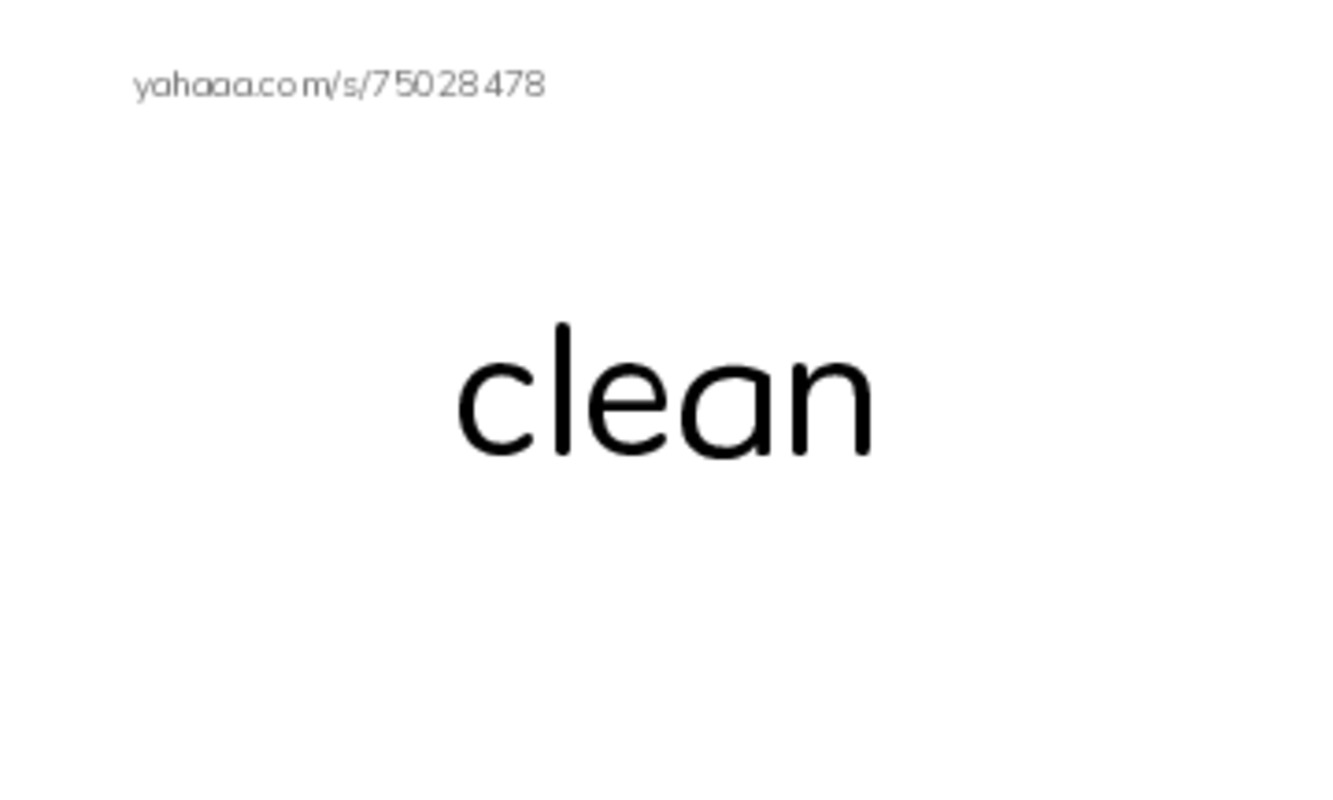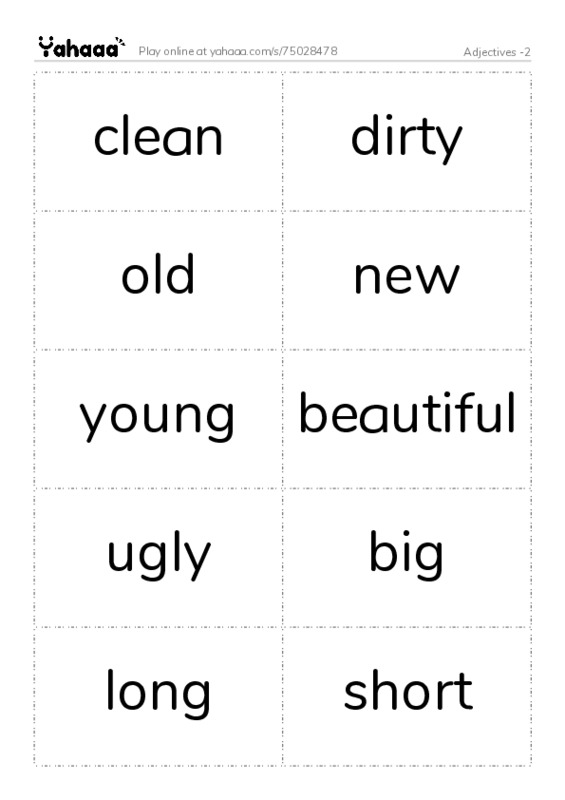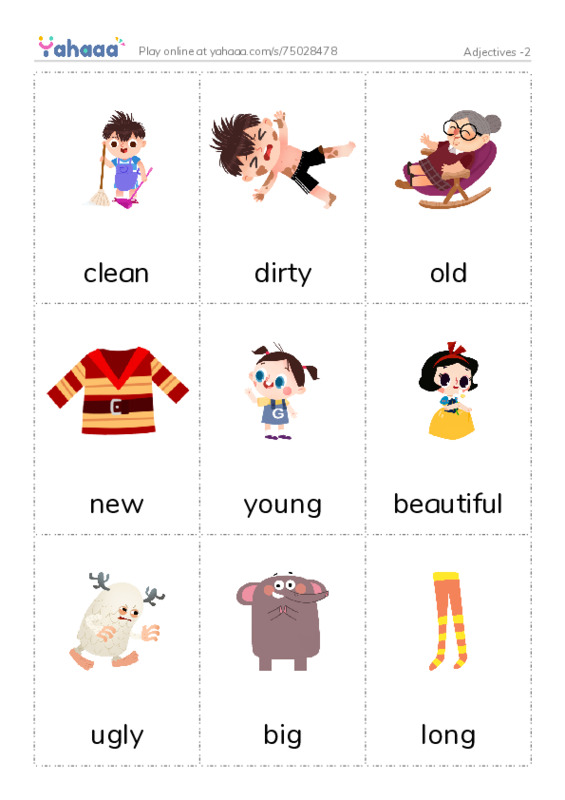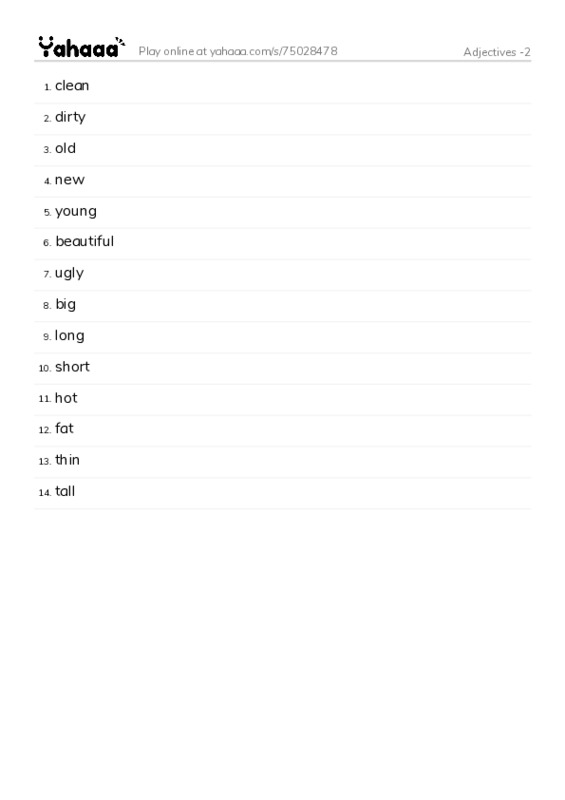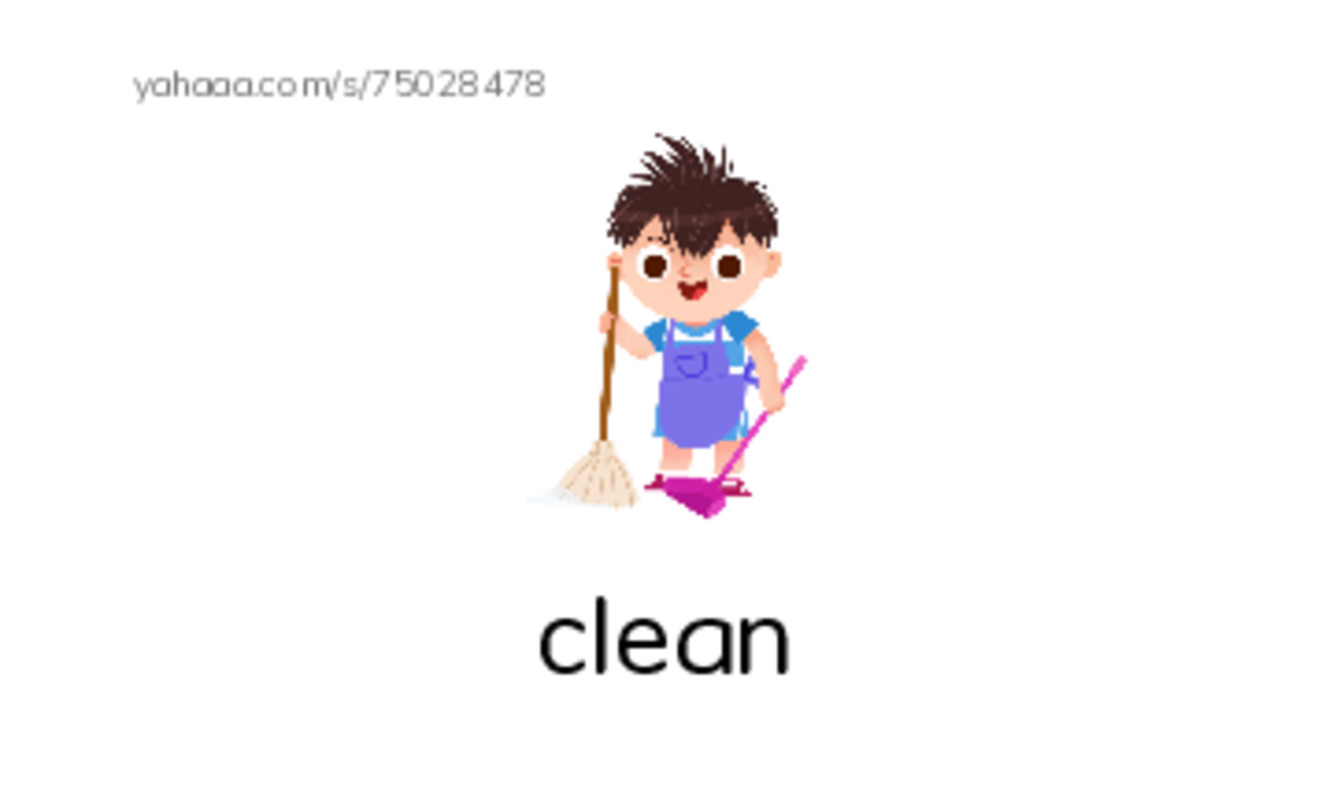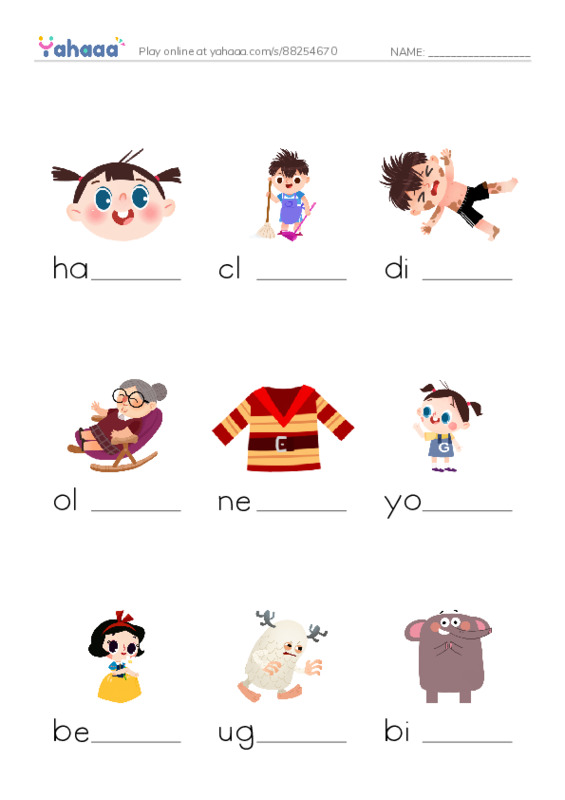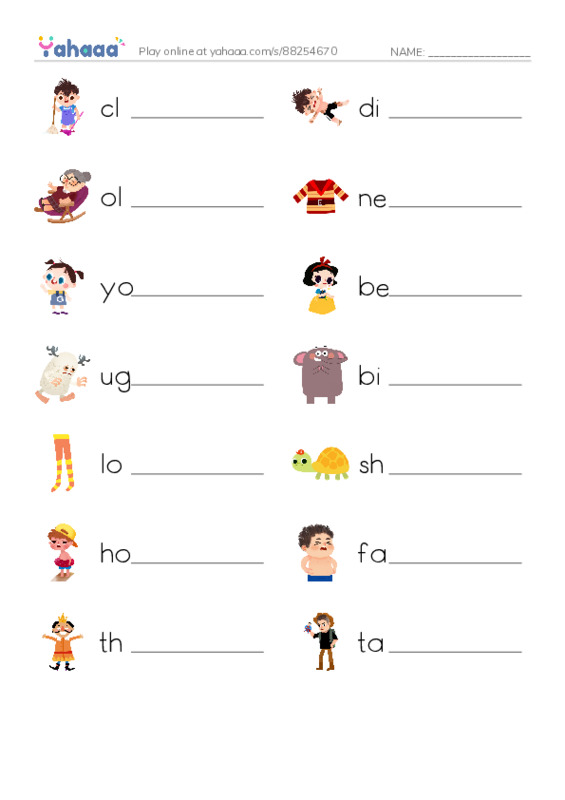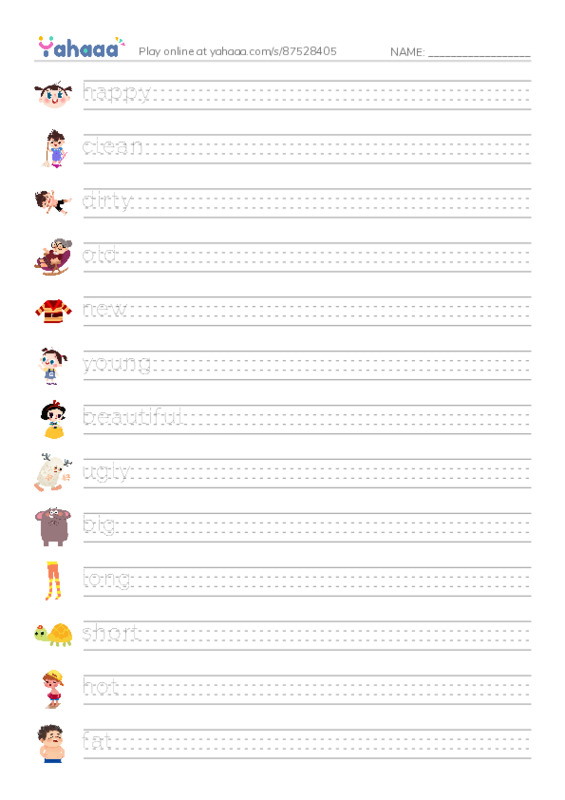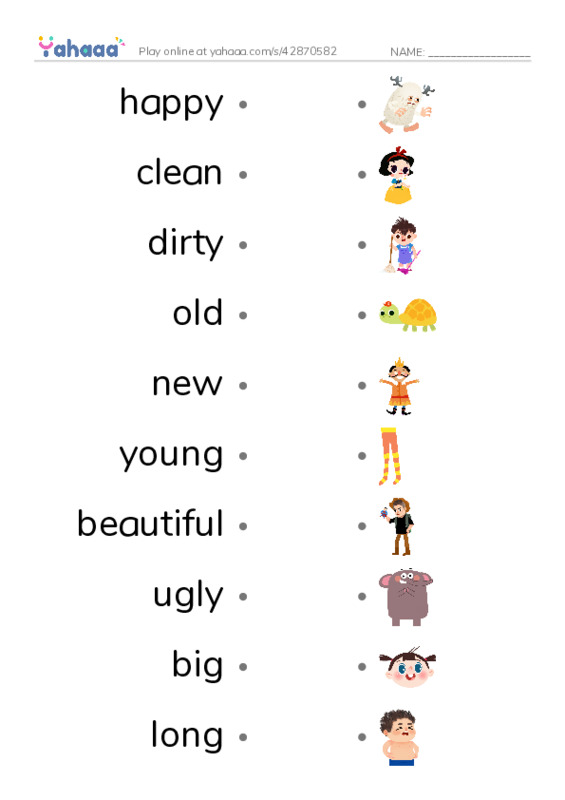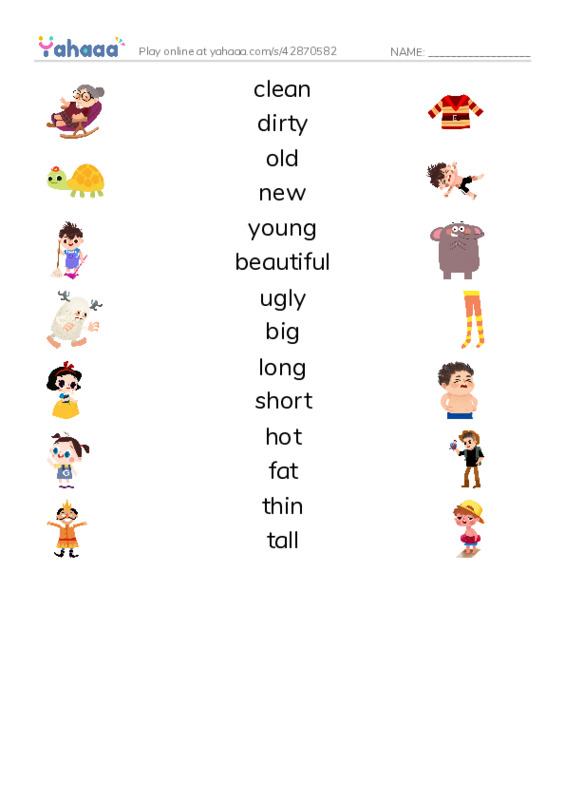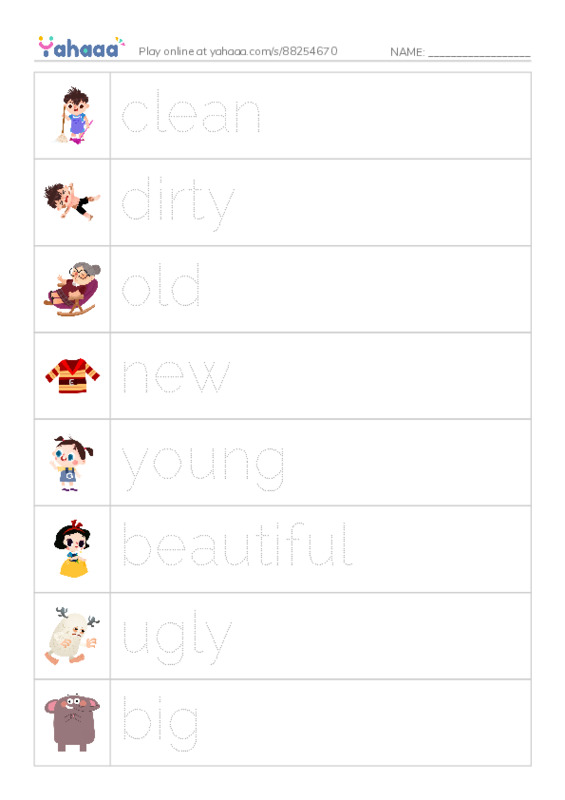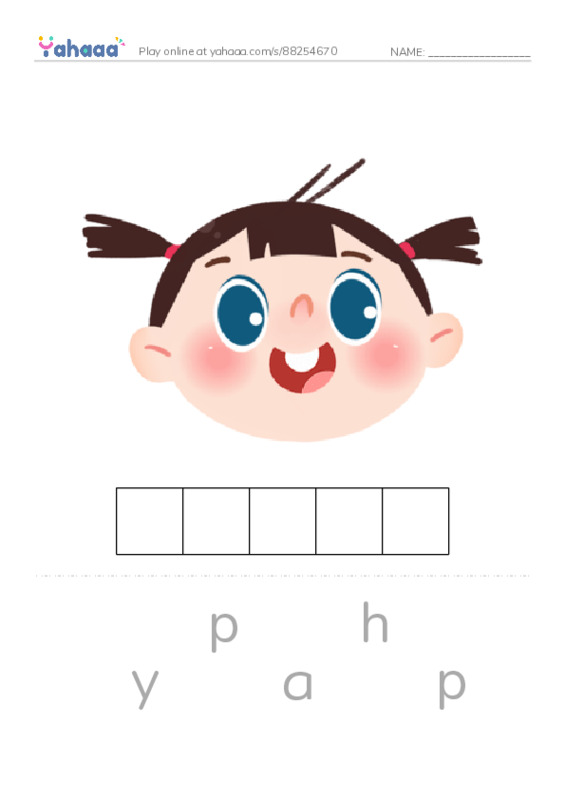Free printable Index cards worksheet for kids to learn about common adjectives!
Index cards worksheets are a fun and effective way for kids to learn and practice common adjectives in English. These printable PDF worksheets are free to download and use, making them an affordable and accessible resource for parents and educators.
The worksheets feature a set of index cards, with each card featuring a common adjective in English, such as "big," "small," "happy," and "sad." The cards also feature a simple illustration to help kids visualize the meaning of the word and make the learning process more engaging.
To use the index cards worksheets, simply print them out and cut out the individual cards. Then, kids can practice matching the illustrations to the words and definitions, or use the cards to play memory games and other fun learning activities. The cards can also be used to help kids build sentences and practice using the adjectives in context.
Overall, these free, printable PDF index cards worksheets are a great way for kids to learn and practice common adjectives in English. They are a fun and engaging way for kids to build their vocabulary and improve their language skills.
For which grades would this be suitable for?
There are several grades that children typically progress through from the time they are 1 year old until they are 7 years old. Here is a general overview of the grades that children typically experience during these early years of schooling:
- At 1 year old, children are typically just starting to explore the world around them and develop their skills and abilities. They may be enrolled in a preschool or daycare program that focuses on play-based learning and socialization.
- At 2 years old, children may continue to attend preschool or daycare, where they will continue to develop their skills and abilities through play-based learning.
- At 3 years old, children may transition to a more structured preschool program that focuses on early literacy, math, and social skills.
- At 4 years old, children typically start attending kindergarten, where they will learn the basics of reading, writing, and math, as well as social and emotional skills.
- At 5 years old, children typically continue attending kindergarten, where they will continue to build on the skills and knowledge they have gained in previous grades.
- At 6 years old, children may transition to first grade, where they will continue to develop their literacy, math, and social skills, as well as learn more advanced concepts in these subjects.
- At 7 years old, children typically continue attending first grade, where they will continue to build on the skills and knowledge they have gained in previous grades.
Overall, children typically progress through several grades from the time they are 1 year old until they are 7 years old. These early years of schooling are an important time for children to develop their skills and abilities and lay the foundation for their future learning.
